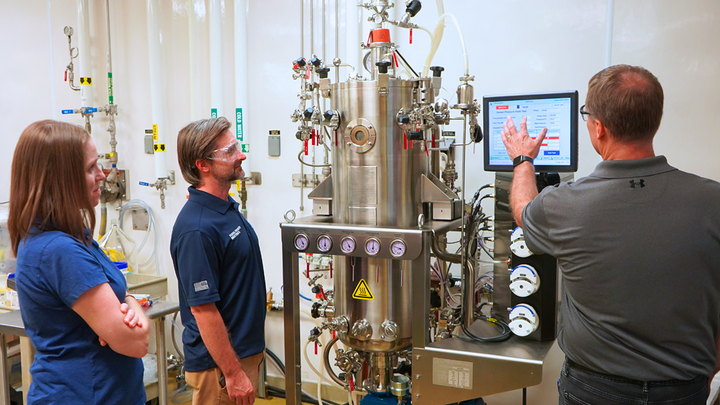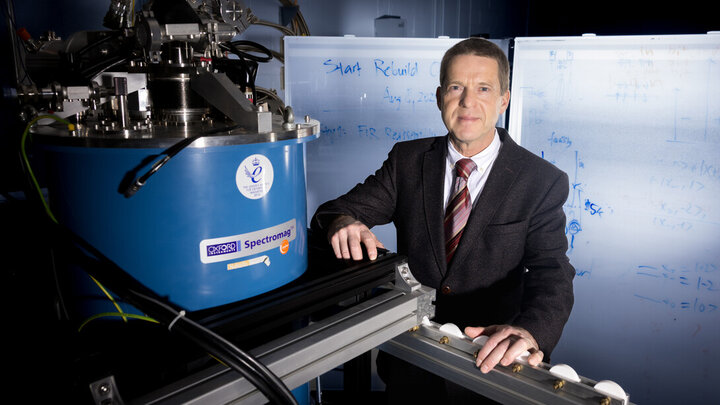As wireless technology continues to advance and expand, the demand for broad-ranging, reliable, high-speed internet access is increasing rapidly — too rapidly for many modern systems that are insufficiently equipped to support next-generation 6G applications relating to virtual reality, robotics, and digital twins.
Shuai Nie, assistant professor in the School of Computing, and her collaborators at UNL, Tufts, Penn State and New York University aim to remedy this issue with a new $340,000 grant from the National Science Foundation that will support the development of an innovative solution: a smart surface.
Nie’s project will involve designing an active reconfigurable intelligent surface (RIS) that would improve wireless coverage by allowing more efficient control over reflected signals while consuming less power. The active RIS would enable sub-terahertz—or above 100 gigahertz—wireless communication by leveraging the much larger bandwidths available at this higher frequency.
Achieving successful sub-terahertz wireless communication has proved challenging for many researchers due to limited distance caused by transmission loss and interference that occurs at higher frequencies.




